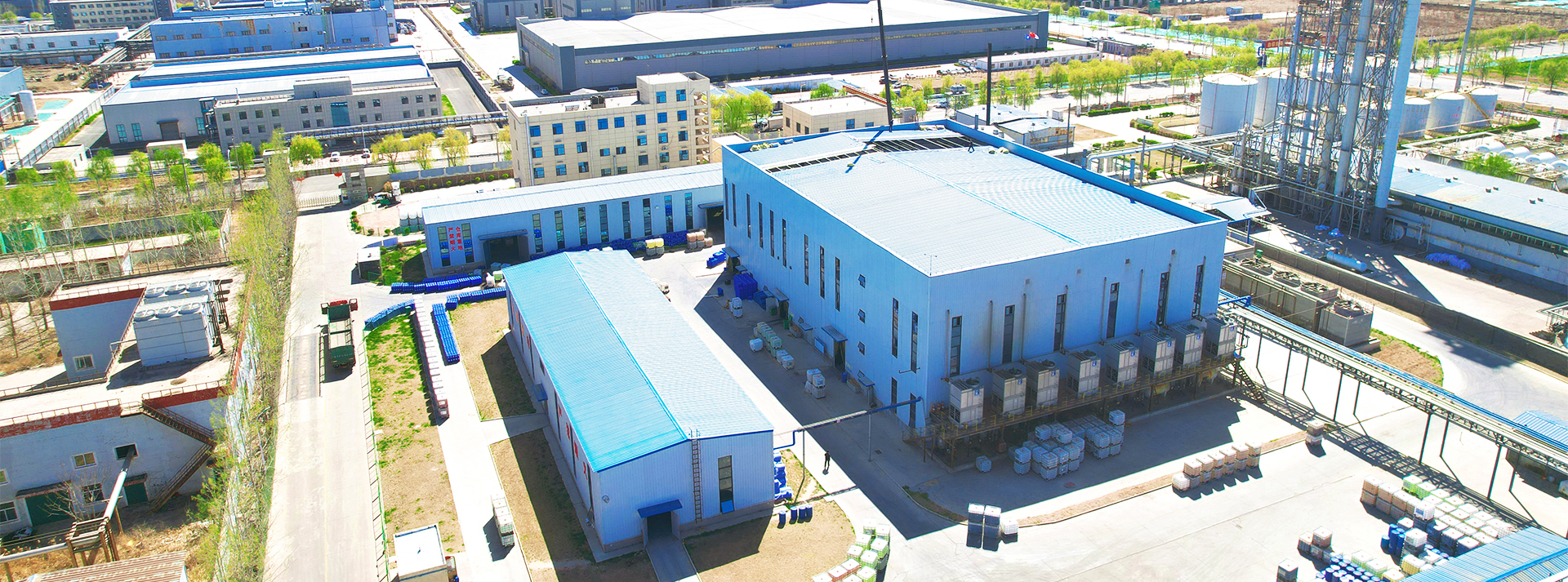scale and corrosion inhibitor
Scale and Corrosion Inhibitors
The management of scale and corrosion is critical in various industrial processes, particularly in water treatment, oil and gas, and power generation systems. These two phenomena can significantly impact the efficiency, longevity, and safety of equipment. This article delves into the nature of scale and corrosion, their consequences, and the role of inhibitors in mitigating these issues.
Understanding Scale and Corrosion
Scale formation and corrosion are common problems in systems that handle water or fluid transport. Scale is typically composed of mineral deposits that accumulate on surfaces within piping and equipment. This is often the result of changes in temperature and pressure, as well as the presence of certain ions in water, such as calcium, magnesium, and carbonate. Over time, scale buildup can obstruct fluid flow, reduce heat exchange efficiency, and increase operational costs due to maintenance and downtime.
Corrosion, on the other hand, is the deterioration of materials—usually metals—caused by electrochemical reactions with their environment. Factors like moisture, temperature, and the presence of impurities can exacerbate this degradation. Corrosive environments can lead to leaks, equipment failure, and even catastrophic incidents, resulting in significant financial and safety implications for industries.
Inhibitors A Solution to Scale and Corrosion
To combat the challenges posed by scale and corrosion, various types of inhibitors are employed. These chemical agents work by forming a protective layer on the metal surfaces and modifying the scale formation process.
scale and corrosion inhibitor

1. Scale Inhibitors These compounds, such as polyphosphates and scale-displacing polymers, prevent the crystallization of salts that lead to scale formation. They do this by altering the surface properties of the equipment or by disrupting the nucleation process of scale deposits. The use of scale inhibitors allows for extended equipment life and reduced maintenance costs.
2. Corrosion Inhibitors These are chemicals added to fluids that operate in corrosive environments. They can be categorized into anodic inhibitors, cathodic inhibitors, and migratory corrosion inhibitors. Anodic inhibitors, such as phosphates, work by passivating the surface of metals, while cathodic inhibitors reduce the cathodic reaction rate and are often based on compounds like zinc or molybdate. Migratory inhibitors are designed to diffuse through the fluid and form protective films on metal surfaces. The selection of a suitable corrosion inhibitor often depends on the specific conditions of the environment, including temperature, pH, and the presence of aggressive ions.
The Importance of Selection and Application
The selection of appropriate inhibitors plays a vital role in efficient scale and corrosion management. Factors such as the type of fluid, operational conditions, and material composition must all be considered to achieve optimal performance. Moreover, the application of these inhibitors has to be monitored and adjusted based on changing conditions to ensure their efficacy.
Advanced techniques like real-time monitoring and the use of predictive modeling can aid in optimizing the use of inhibitors, ultimately leading to more sustainable operations. By minimizing scale and corrosion, industries not only enhance the reliability and efficiency of their equipment but also contribute to environmental sustainability by reducing waste and resource consumption.
In conclusion, scale and corrosion inhibitors are essential components in maintaining industrial systems. Their effective use can lead to significant operational benefits, reduced costs, and improved safety, paving the way for a more efficient future in various sectors.
-
Water Treatment with Flocculant Water TreatmentNewsJun.12,2025
-
Polymaleic AnhydrideNewsJun.12,2025
-
Polyaspartic AcidNewsJun.12,2025
-
Enhance Industrial Processes with IsothiazolinonesNewsJun.12,2025
-
Enhance Industrial Processes with PBTCA SolutionsNewsJun.12,2025
-
Dodecyldimethylbenzylammonium Chloride SolutionsNewsJun.12,2025





